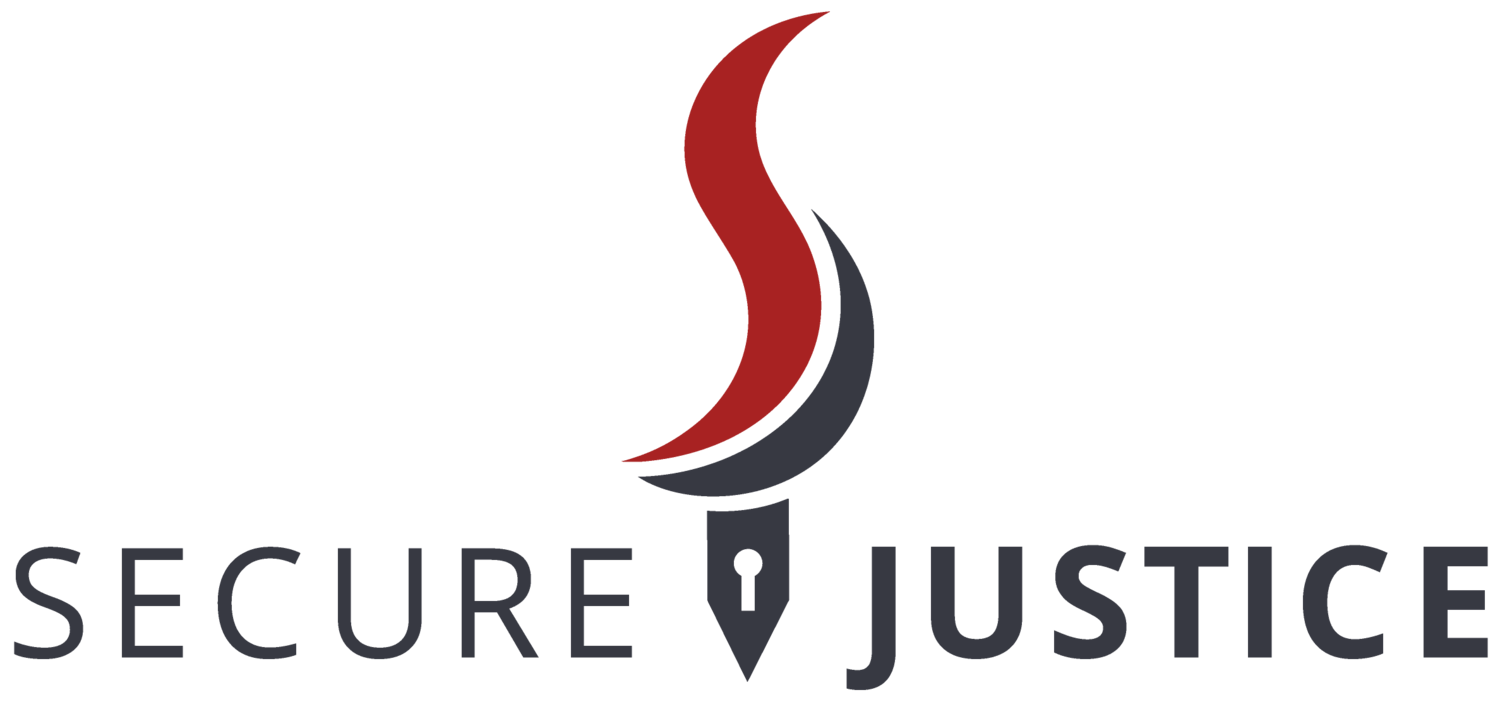Portland Bans Public & Private Use Of Facial Recognition Technology
On September 9, 2020, the city of Portland, Oregon became the first jurisdiction in the country to enact both a ban on city staff using facial recognition, and also private entities that provide public-facing services. The private side ban was no mere preemptive move – a local chain of grocery stores had recently begun using facial recognition to deny entry to people suspected of shoplifting.
“Portland’s ban on facial recognition technology is about justice. This technology is mired in bias and inaccuracies, especially for women and people of color, which means they will be more likely misidentified and targeted for things they didn’t do, or for being in places they weren’t actually in. No one should ever be needlessly thrust into the criminal justice system due to a flawed technology. Even if technically flawless, the concerns around privacy and consent remain – no one wants their children’s biometric data taken and sold by companies to the highest bidder.
We owe our success to the many community partners and advocates for their deep engagement and feedback in crafting the policies. From attending community meetings, providing public comment and testimony, and offering feedback on policy language, the robust input from community members strengthened the rationale and policy language. I also want to acknowledge that Portland’s ban framework was inspired by Oakland’s public sector ban, and we were only able to accomplish both a public and private sector ban because we had cities like Oakland as guides,” said Commissioner Jo Ann Hardesty, the champion behind Portland’s many recent surveillance technology reform efforts.
Although the list of municipalities banning government agents from using this problematic technology is growing at a rapid pace, Portland’s novel use of the Americans with Disabilities Act (“ADA”) to justify the ban on private entities that provide services which meet the ADA’s definition of “public accommodations”, arose from a series of outreach meetings conducted by a city department called Smart City PDX, and Commissioner Jo Ann Hardesty. At its heart, the ADA is an anti-discrimination law, and Portland deserves kudos for its use of an existing federal law to provide greater protections to the residents of Portland.
Over the past two years, Secure Justice has been collaborating with Smart City PDX and Commissioner Hardesty regarding their intent to replicate some of the Bay Area surveillance and technology reforms we have helped put into place. Our advisory member Hector Dominguez is a key player at Smart City PDX, and one of the driving forces behind the bans.
“Cities can play a big role in making sure people’s digital rights are protected, including privacy and access to economic opportunities in the digital world. Our Portland team is committed to developing a framework around digital justice where uses of technology and information are safe for everyone,” said Hector Dominguez, Open Data Coordinator, Smart City PDX.
Like San Francisco, Oakland, and Seattle, Portland has enacted a set of city-wide Privacy Principles to guide decision making in all facets of government services. Portland’s city council has also directed staff to study reforms enacted in Oakland, among other places, including whether implementing a Privacy Advisory Commission like Oakland (and soon San Diego) would be appropriate to handle the ongoing challenges from fast evolving technology.
Like Seattle, Portland has far exceeded the Bay Area jurisdictions when it comes to hosting community outreach meetings. The cluster of San Francisco Bay Area jurisdictions that are on a similar path would be wise to learn from our neighbors to the north. Support for the private ban arose from these community meetings.
As the recent and very deliberate attacks on Portland by the far right white nationalist movement have demonstrated, federal law enforcement agents (and their local partners) are far too eager to use the protests as pretext to target and track individuals exercising their First Amendment rights by counter-protesting white supremacy. It is necessary that our elected leaders do not succumb to the pressure from law enforcement and surveillance technology vendors and allow infringement of our civil liberties and our human right to privacy, to freely associate, and to express our dissent with government policies. Portland is truly a shining star in this regard, and with Commissioner Hardesty, the Office of Equity and Human Rights, and the folks at Smart City PDX, we are excited to see what the future holds for them.
In her role as Senior Council at the Future of Privacy Forum, our advisory member Kelsey Finch supplied written testimony to Portland’s city council on both proposed ordinances.
Secure Justice had previously supplied suggested language that was incorporated into both ordinances, and Executive Director Brian Hofer testified on September 9 before the council.
If you would like to support the work of Secure Justice, please donate here:



